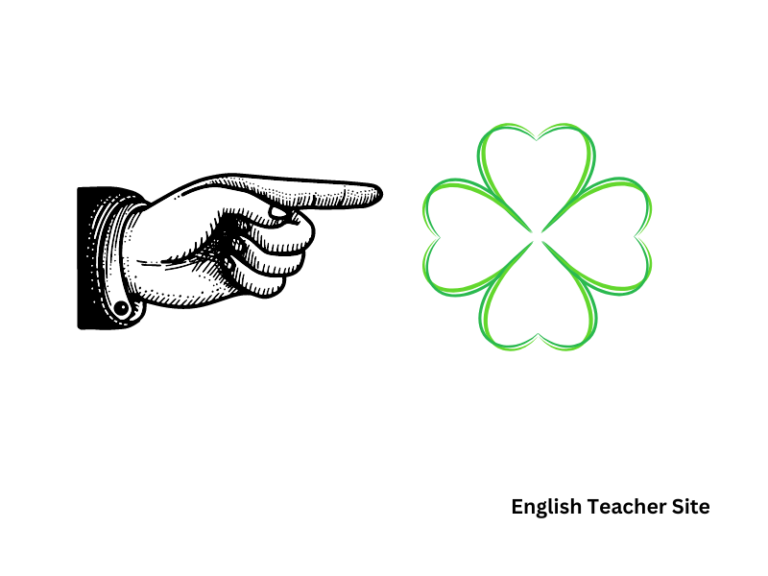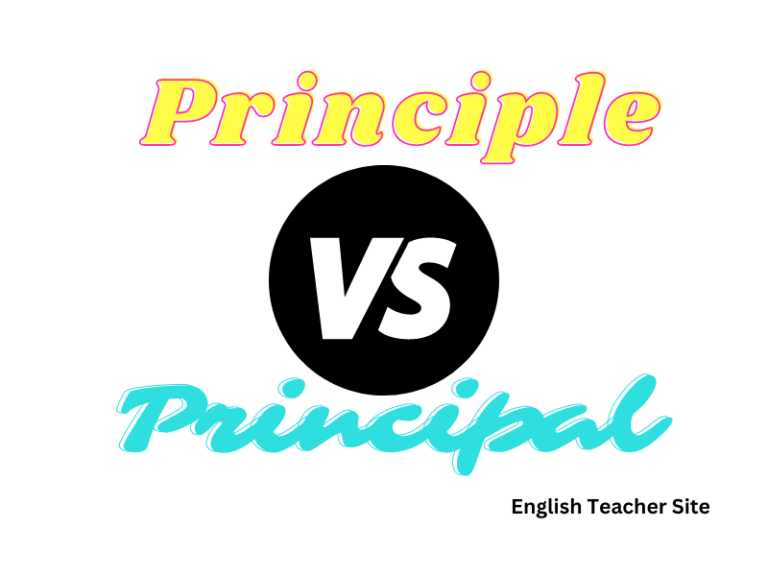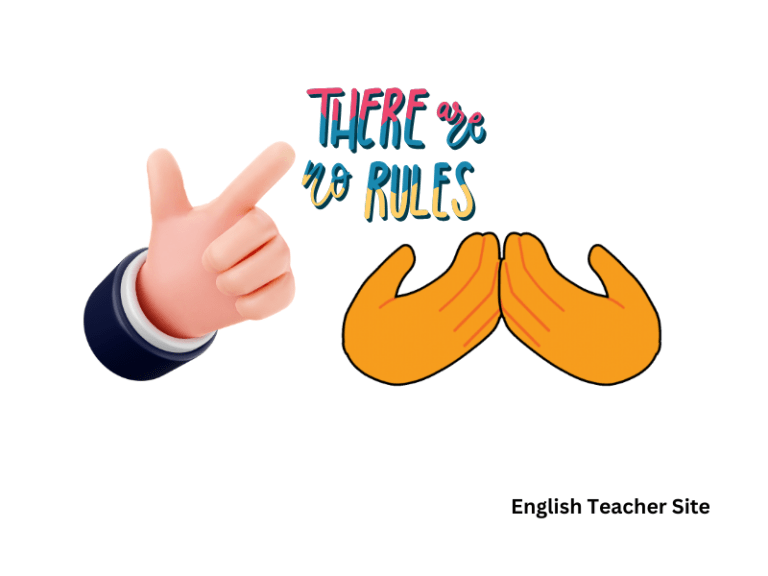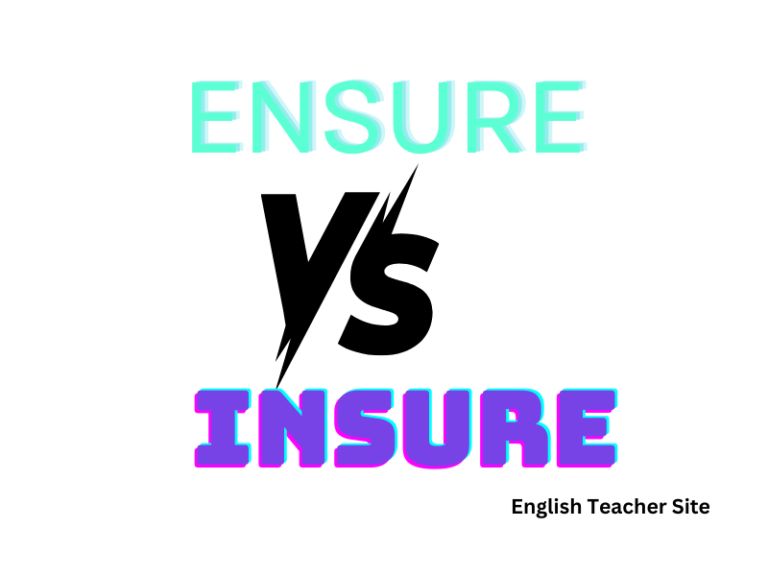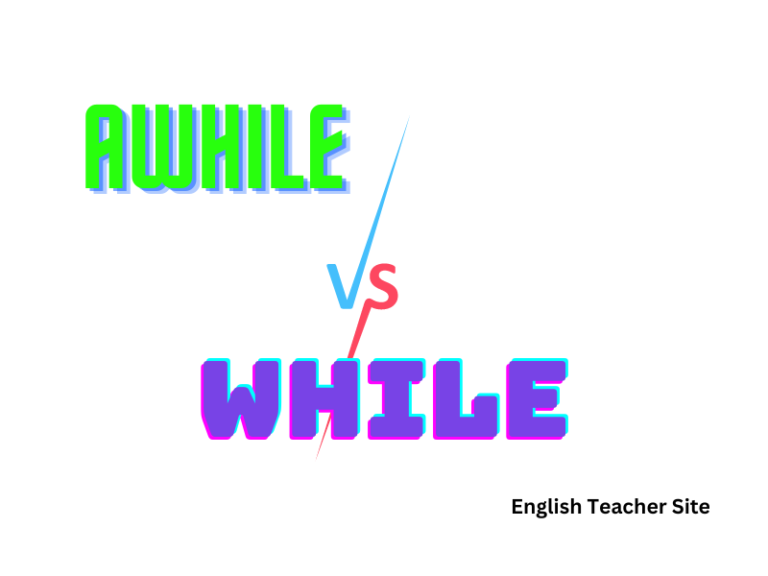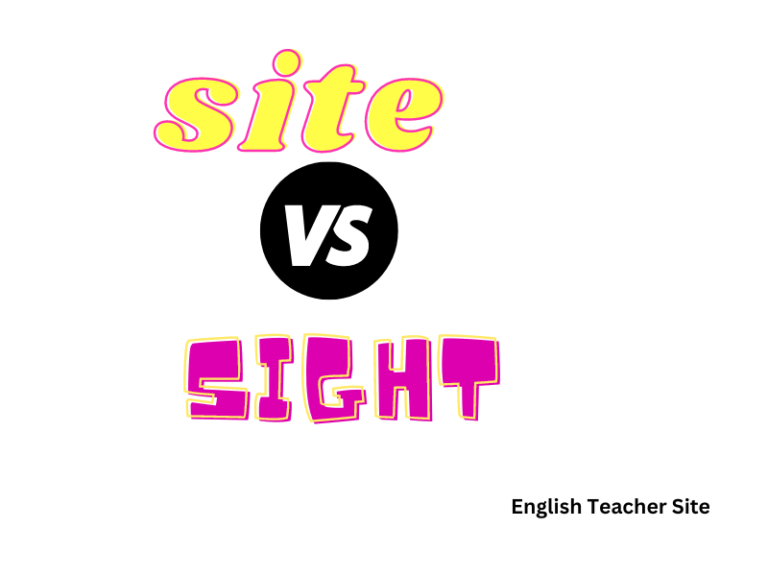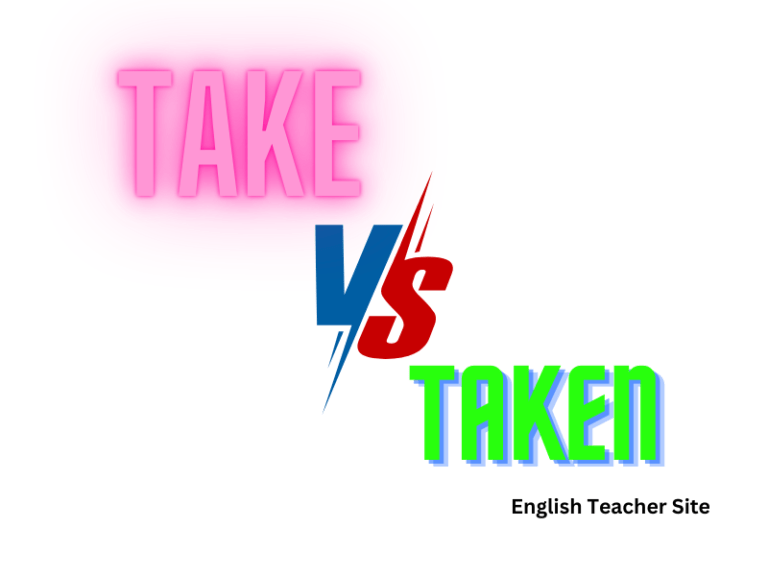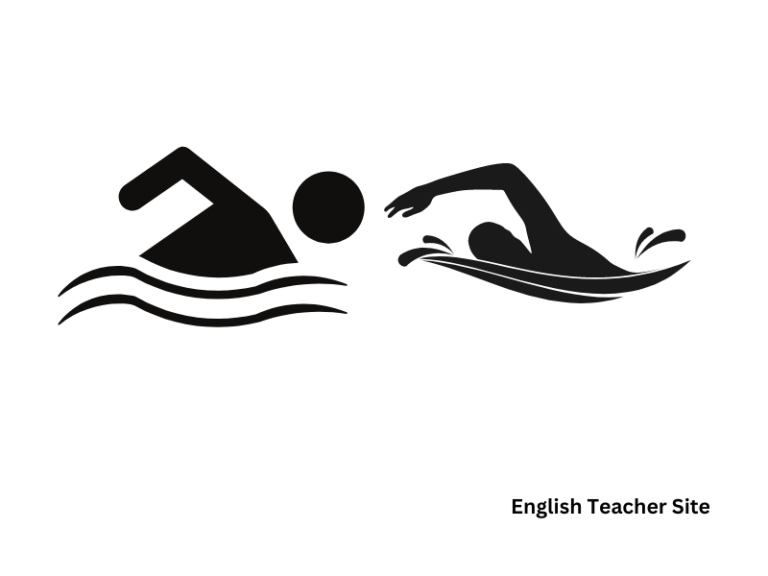They’re, Their, There: Understanding Homophones in English Grammar
To master the usage of these words, one must recognize the context in which they appear. “There” is used to indicate a place or to introduce a subject, as in “There is hope.” “Their” shows ownership, for example, “Their house is beautiful.” “They’re” is used when shortening “they are,” such as in “They’re going to…

